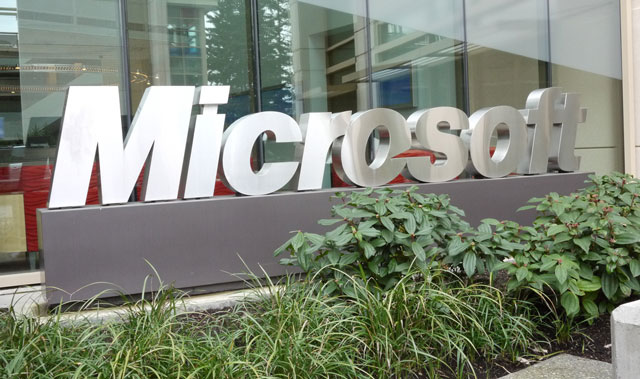
Although some US analysts are predicting that Apple’s share price could push past the US$1 000/share barrier in the next 12 months, making it the first $1 trillion company, I believe the more “boring” technology companies such as Dell, Microsoft and Intel offer a more sensible prospect for investors.
The market is valuing Apple’s operating profit and free cash flow at almost two times that of the other companies. In fact, the market currently appraises Apple as the most valuable company in the world, worth more than Intel, Microsoft and Dell combined. As an Apple investor, therefore, one has to ask: has the company erected barriers to entry so high that profits can endure and grow at a rate that justifies paying the current price?
Although Apple’s design and innovation is admirable, it is not automatically sustainable at the higher level for which the market is currently paying. Unlike Microsoft’s business software, the switching cost for a consumer device like Apple’s IPhone is much lower given the rapid product replacement cycle and ability to create a near substitute. Granted, the Apple “ecosystem”, driven by iTunes, is a strong barrier to entry, and there is thus a non-negligible chance that investors will make money if they buy Apple at current prices. But we are reminded of the old adage, “no tree grows to the sky”.
The risk of permanent capital loss in Apple is high enough to justify not investing at the current share price. Behavioural finance has demonstrated in the past that people tend to give up a certain gain for a chance of an even higher one. It is certainly telling that businesses that are fairly easy to understand can be so significantly under-priced, while businesses that are harder to understand can attract very high valuations. This phenomenon, sometimes referred to as greed and fear, manifests itself through the popular sentiment about a company. This is why we have learned to avoid popular stocks and rather fish for bargains where the news is less favourable, preferably dreadful.
In this regard, companies such as Dell, Microsoft and Intel — which the market seems to find boring — stand out. “What makes them even less attractive to many investors is that there are some company-specific question marks that, as usual, are all about not being at the right place at the right time. Intel’s chips and Microsoft’s operating system have not been able to capitalise on the growth in the smartphone market, while Dell has not taken advantage of the growth in tablets.
This does not detract from their core strengths, which they are now applying in these new markets. Yet “boring” with some negative sentiment thrown in typically ends in depressed valuations when compared to high growth and positive opinion, regardless of the strength of the business model.
Despite stellar growth in profits, investments in Dell, Intel and Microsoft have performed poorly over the past 10 years. Microsoft’s share price went as high as $60 at the peak of the Internet bubble in 1999 and then fell to $20 in 2000. Since then, despite tripling revenue and earnings before interest and tax per share, Microsoft’s share price has gone nowhere. Intel and Dell’s share prices followed a near identical route.
As contrarian, value investors, we don’t find Dell, Intel and Microsoft boring. They are what we like to call “fat”. Dell and Microsoft earn free cash flows every year equivalent to 9% of their average market capitalisation and have significant net cash on their balance sheets, equivalent to another 20% of their market capitalisations.
These companies have lasting advantages over their competitors. Dell has a direct sales model that its large competitors cannot imitate because of their own physical and vested interest in legacy distribution channels. This gives Dell a negative working capital advantage, significant free cash flow and high returns on capital.
Intel has scale and, as a result, can stay ahead on the innovation curve, spending more on research and development each year than the total market value of its nearest competitor.
Microsoft’s Windows operating system and its Office and server software are ingrained in the business world. “An alternative product would have to be significantly better and cheaper to entice users to incur the significant costs of switching. This seems highly improbable given the perpetual network created by Microsoft. Its products have attracted the most users, which attracted the most software developers, which has led to an ever-improving product, which in turn attracts users.
Provided that they do not pay too much, investors in businesses with characteristics like Dell, Intel and Microsoft have favourable odds of compounding capital at high rates for a very long time, a sure way to generate good investment returns.
These three companies together make up 8,8% of the RE:CM global fund and 6,5% of RE:CM’s global flexible fund.
- Johannes Visser is an analyst at RE:CM, an SA-based asset management company
- Image: Bfishshadow/Flickr

